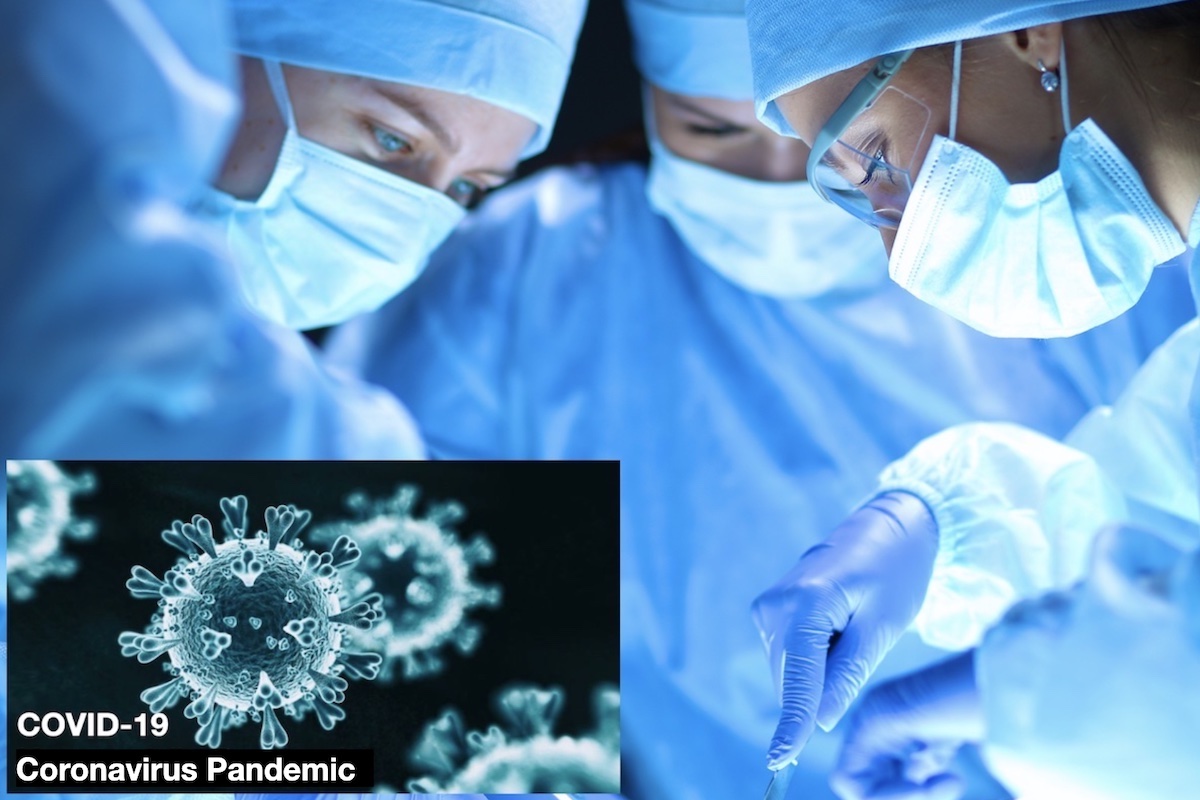Precautions Before Surgery
Why Preoperative Preparation is Important?
To minimize the potential complications of surgery, it is very important to understand and consider the precautions listed below. The patient should be ready for the surgery mentally and physically.
Things to Consider Before Surgery
- In the planning phase of the surgery, you are supposed to fulfill a form to determine your medical condition. Nothing should be hidden from the doctor.
- You should take necessary precautions against Covid-19 disease starting 2 weeks before the surgery date.
- N95 or FFP3 mask must be used throughout the travel (airport, aircraft, taxi etc.).
- If you had Covid-19 disease before, there must be at least 8 weeks between your recovery form Covid-19 and surgery date.
- If you had Covid-19 vaccination before, there must be at least 2 weeks after your last vaccination.
- You should have a regular sleep routine.
- You should have a balanced diet. Nutrition is very important for healing of surgery sites.
- Since birth control pills increase the risk of blood clot formation in the legs (deep vein thrombosis), they should be quit 4 weeks prior to surgery.
- Drugs, rugs, vitamins, homeopathic ingredients, and herbal products such as green tea may cause serious bleeding problems and drug interactions during and after surgery. You should inform the doctor about the medication that need to be used and stop taking other drugs at least 2 weeks before the surgery.
- Aspirin and other aspirin-like drugs that reduce blood clotting (blood thinners) may cause severe bleeding problems during and after surgery; so, their intake should be stopped at least 2 weeks before surgery. They also should not be used for a period of 2 weeks after surgery.
- Any medication currently taken on a regular basis should be reported to the doctor in advance. Some drugs used for chronic conditions such as hypertension, tiroid disease or asthma should be reported to the doctor and used throughout the surgical process.
- It is absolutely inconvenient for pregnant women to have surgery. For this reason, it is very important to take the necessary precautions to avoid pregnancy between the last menstrual date and the date of operation. In addition, some of the ointments used after the surgery are inconvenient during pregnancy. Therefore, pregnancy should not be planned for at least following 3 months after the operation or the creams should not be used.
- If you have received treatment due to clot formation in leg veins before (deep vein thrombosis), you should inform the doctor.
- There must be at least 1 year between isotretinoin use for acne treatment and surgery.
- Smoking and obesity pose a risk in terms of both anesthesia and blood circulation and wound healing in the tissues. If possible, smoking should be stopped and surgery should be planned after getting rid of the extra kilos. Smokers are advised to stop smoking at least 15 days prior to surgery.
- Alcohol should not be consumed at least 2 weeks before the surgery.
- You should be stable psychologically.
- Nothing, including water, should be consumed for 8 hours prior to the scheduled surgery. Drugs such as blood pressure medicine etc., which are taken on a regular basis, can be taken within the knowledge of the doctor.
The Night before Surgery
- Take a shower.
- Spent the evening with resting and go to bed on time.
- Nothing, including water, should be consumed for 8 hours prior to the scheduled surgery.
Morning of Surgery
- Some drugs required to be taken regularly, such as blood pressure or thyroid disease drugs, may need to be taken in the morning of surgery. Discuss with your doctor about this condition in advance and take your drug in the morning of surgery if necessary.
- Nothing, including water, should be consumed for 8 hours prior to the scheduled surgery.
- Remove your contact lenses. Remove your earrings, necklaces, hairpins and piercings. Remove nail polish. Do not bring valuable things with you.
- Prefer easy-to-wear and comfortable clothes and shoes. Do not choose clothes that need to be pulled over your head.
- After surgery, you will not be allowed to drive back hotel. Organize your transfer accordingly.
Nutritional Supplements to Discontinue before Surgery
Herbal nutritional supplements, vitamins and some remedies may cause serious bleeding and drug interaction problems throughout the surgical process. For example, regular green tea consumption may lead to excessive bleeding. They all should be quit at least 2 weeks before the surgery date.
Nutritional Supplements to be Discontinued 14 days Prior to Surgery
- Bilberry (Vaccinium Myrtillus)
- Cayenne (Capsicum Annum)
- Dong Quai (Angelica Sinensis)
- Echinacea (Echinacea Angustifolia)
- Feverfew (Feverfew, Tanacetum Parthenium)
- Fish Oil Capsules
- Garlic (Allium Sativum)
- Ginger (Zingiber Officinale)
- Ginkgo Biloba (Ginkgo Biloba)
- Ginseng (Panax ginseng, panax quinquefolius)
- Hawthorn (crataegus laevigata)
- Kava Kava (piper methysticum)
- Licorice Root (Glycyrrhiza Glabra)
- Ma Huang (Ma Huang, ephedra sinica)
- Melatonin
- St John’s Wor (Hypericum perforatum)
- Valerian (Valeriana Officinalis)
- Vitamin E
- Yohimbe (Corynanthe Yohimbe)
Do not take Aspirin for a period of 15 days before and 15 days after surgery.
Undesirable situations such as severe bleeding, bruises, etc. may develop in individuals who use Aspirin, due to the decrease in the clotting property of blood. Therefore, Aspirin or drugs containing similar substances should not be used. Patients, who need to use blood thinners such as coumadin, are operated when they use alternative drugs under doctor control. If you need to use a painkiller, you can take a drug that contains paracetamol (parole, minoset).
It would be useful if you refrain from excessive consumption of the following foods containing aspirin-like substance (salicylates) or minimize their consumption during the surgery period, even if you cannot completely eliminate them from your life. These foods are:
- Grape
- Grape juice
- Nectarine
- Orange
- Peach
- Pickle
- Almond
- Apricot
- Strawberry
- Bilberry
- Cucumber
- Currant
- Curry
- Plum
- Raisin
- Tomatoes and tomato-containing foods
- Vinegar
- Wine


